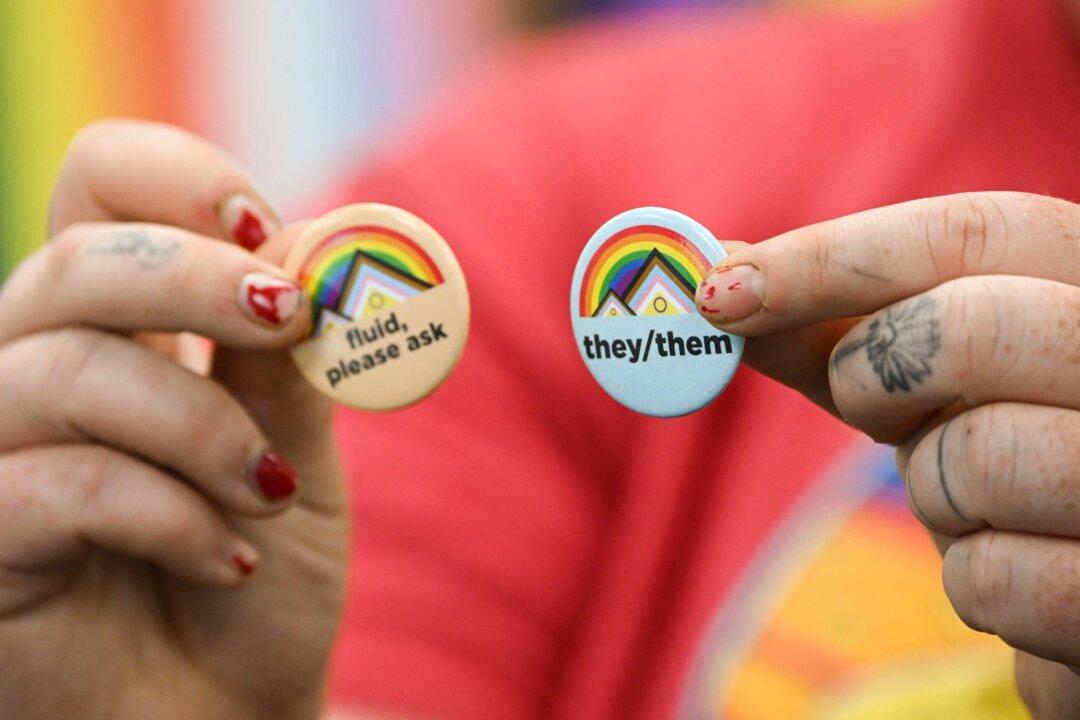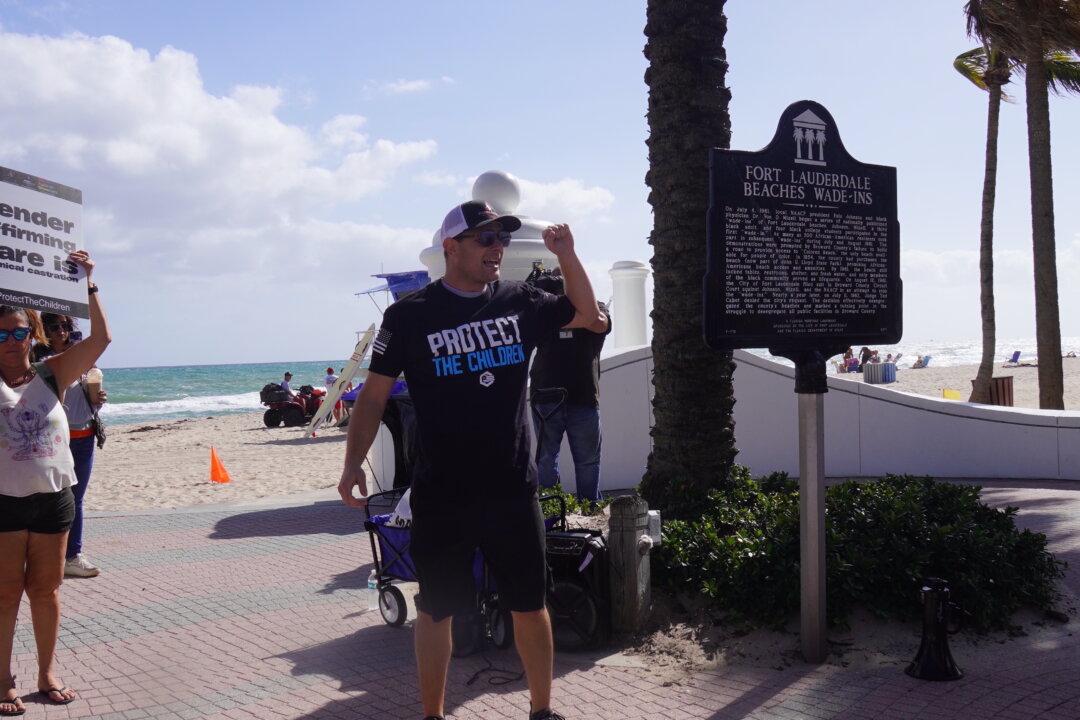PUNTA GORDA, Fla.–Sixteen books in Polk County school libraries have been pulled from the shelves and “quarantined” because the content was considered “obscene, or harmful to children.”
Polk County Public Schools (PCPS) administrators spent the morning of Jan. 25 collecting books from media centers throughout the county after County Citizens Defending Freedom (CCDF), a conservative organization, complained to Polk County School Superintendent Frederick Heid that the books contained material “harmful to children.”




